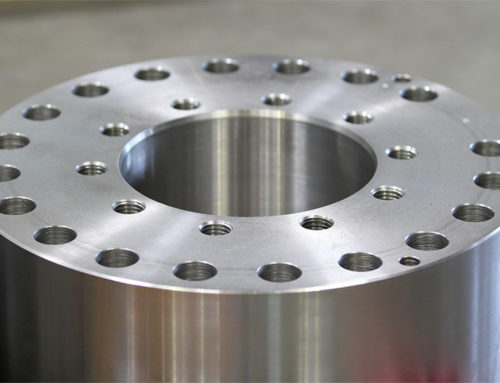One thing that is increasingly noticeable when one travels about the UK is the few brands that are now truly British. This is due in part to our open economy. In comparison to other nations, it is relatively easy to buy up UK companies. Unfortunately, this openness to competition has enabled many foreign companies to crowd out local buyers.
There is also a ‘get rich quick’ culture amongst some UK entrepreneurs. This often results in them selling businesses early in their life cycle for self-enrichment, instead of keeping it in the family for future generations. In Europe, on the other hand, it is more common for businesses to be passed from one generation to another and for retained profits to be continually re-invested in the business.
Continued strength within the UK manufacturing sector
Despite this, the British are still very talented engineers and good company managers can be seen by the huge success of foreign companies in Britain for example in the motor, aerospace and oil industries.
In addition to this, the country has managed to attract many OEM’s mainly from the USA, Japan and China. These original equipment manufacturers operate in many different market sectors and have set up local plants to sell their products to Britain and the European single market.
Balance of payments deficit is a concern
Despite this talent and the record investment the UK finds itself today with an unsustainably high balance of payments deficit. This is dragging down the value of the pound and making us all poorer. Things could also conceivably get worse if we are excluded from trading freely with the Single Market. Even a partial exclusion could bring about a reduction in foreign manufacturing investment or, worse, foreign firms already here relocating to mainland Europe.
UK manufacturing success starts with its people
Although UK manufacturing now only comprises circa 10% of the economy, being successful in this area would greatly help the country address the problem of the balance of payments deficit.
Although we don’t have a huge number of companies producing their own product, we are in the fortunate starting point of having a decent number of precision engineers and part-makers.
In these companies, there are still many talented individuals who are well positioned to invent either brand new products or create new versions of existing products to help eat into this deficit. Look at James Dyson as an example – from small beginnings, he took on the Hoover Corporation (whose brand name was synonymous with a product range) and won.
The UK has a long history of innovation and the popularity of television program Dragons Den confirms the country’s enthusiasm for entrepreneurship hasn’t waned, despite depressingly few manufactured products being put up for investment by the Dragons!
Innovation, coupled with strong research and development, can provide UK manufacturing companies a competitive advantage.
A few thoughts on a strategy for the UK in post Brexit times:
For Individuals:
• Be dogged and determined – good old British traits
• Don’t bet the company or your financial stability – always live to fight another day or find a cheaper way of doing something
• When you hit a wall, be it technical, financial or managerial, remember that there is always somebody somewhere that can help you
For Government:
• Improve the links between universities and industry by making these institutions more approachable to normal humans
• Allow reasonable access to university and college workshops for budding entrepreneurs
• Provide more and better technical mentoring so anyone with an idea can discuss it with a technical expert. Universities and technical colleges are ideal for this and already funded by the tax payer.
• Treat even the craziest ideas of a budding inventor respectfully – the next idea could be a winner
• Raise awareness of R&D grants available to existing manufacturers
• Make everybody aware of the importance to the country of developing new products and services
The time is now
Technically there can be no better time to create new products. The advent of additive manufacturing, ie the ability to literally print components, makes it much easier and relatively inexpensive to try out new ideas. Consider Ben Ryan, the psychology lecturer turned inventor, who recently developed a prosthetic arm for his baby son, using a 3D printer.
And in the case of technical questions that local experts can’t resolve, there’s always the internet for answers and contacts.
If harnessed effectively, UK manufacturing’s long history of innovation, skilled personnel and increased investment into R&D could go a long way in reducing the UK balance of payments deficit.
For more information on how E-Max ERP can help your manufacturing company increase efficiency, call us on 01325 746 567 or email us






